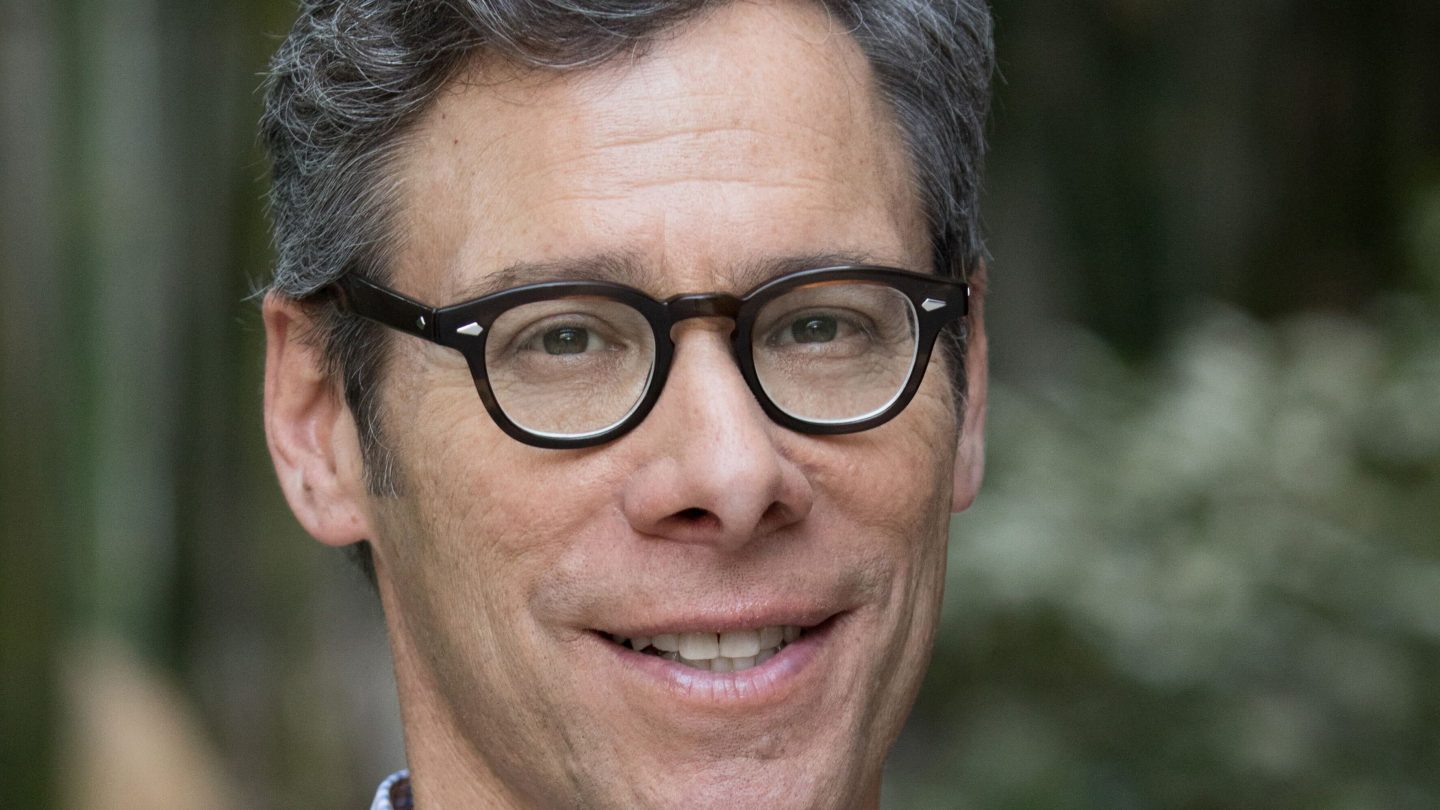An agent might count themselves lucky to have one or two competition titles at Cannes. But UTA partner Rich Klubeck is at the fest juggling the filmmakers behind three features: Wes Anderson (The Phoenician Scheme), Kelly Reichardt (The Mastermind), and Oliver Hermanus (The History of Sound), as well as Ethan Coen (Honey Don’t!), screening out of competition.
He also has the first package out of the gate from client Mikey Madison following her career-redefining run with the Palme D’or- and Oscar-winning Anora. The package centering on a dental hygienist who falls in love with a mermaid hails from director Alejandro Landes and has Kirsten Dunst attached to star as well.
How do you manage what each client needs when you have so many at the fest?
Every filmmaker has their own unique personality, and my role as an agent is fairly specific at the festivals. You’re there for a variety of reasons, but you’re also there with a distributor, you’re there with publicists, you’re there with producers. When you’re on the ground, you’re troubleshooting, but you’re also just sharing the experience.
When you’re a filmmaker with a film at the festival, everybody wants to meet you because you’re endlessly interesting as a filmmaker at the festival. So, there’s other filmmakers, there’s producers, there’s actors, there’s studio executives. In some instances it really makes sense, because some way you have a producer based in the U.K. doesn’t get to see a U.S.-based filmmaker. So Cannes perfect opportunity. Other people just want to meet because it just feels like, “Hey, it’s nice to meet someone who’s at the heart of the festival at the festival.” Partly curiosity, partially bragging rights.
Kelly Reichardt is beloved, but also seems pretty low-key and at times perplexed by how passionate people are about getting to see her screen a film. In your view, how does she take it in?
Well, she goes to festivals, she gets retrospectives. She’s a relatively young woman. So to have retrospectives of your work would be confusing to almost anybody. She’s got a big body of work and I think she’s beloved because she’s a real artist, and she’s true to her vision, and she’s building a super unique body of work. You can’t ignore it if you love film.
You are repping Mikey Madison’s first project since winning an Oscar, and it’s about dental hygienist seduced by a mermaid. This is not the typical play of “let’s go get a franchise movie payday.” What kinds of Anora follow-ups is she looking for?
You’re trying to find a great role, and you’re trying to find the right collaborators, which is essential. A filmmaker whose vision you can really believe in. There’s one thing announced, but there’s quite a bit going on. But that’s been sort of the guide. I think most actors want a range of things to do, exercise different muscles, play different roles and collaborate with different people. But the collaborators need to be interesting. They need to be compelling.
Of your filmmakers at the fest, Oliver Hermanus is the name people may be less familiar with. But History of Sound stars Josh O’Connor and Paul Mescal as lovers in summer of 1919 and is a title people are intrigued to see.
One of the great things you could say about Oliver is his tenacity — beyond the talent. The tenacity to get History of Sound made. And it’s a story that will become much better known as press rolls out about the film. But it was not an easy film to get made. But we are all glad it got made and that’s something people will see.
Everyone is talking about tariffs. Does the marketplace feel different this year?
The marketplace isn’t fundamentally different than it has been in the past. If you have amazing talent and compelling material at a budget that makes sense, the market’s good. People need movies, and there’s been very little headwind from the talk of tariffs.
What are you looking for when you sit down in a theater for one of your filmmakers’ movies at Cannes? What were some memorable moments for you?
No Country for Old Men was a really interesting year in Cannes. Zodiac was here at the same time. I think that was the year of 4 Months (3 Weeks and 2 Days), the Cristian Mungiu film. Showing (No Country), people were just knocked out by it. It is a very different film from The Coens. Although it didn’t win any awards, we knew we had a great film there.
I can’t think about Cannes without thinking about The Substance. That’s one of the more jaw-dropping experiences, because you just really didn’t know what to expect about audience reaction. We knew the film was inspired. But it (the reaction) was unknowable — and that’s rare. You usually have a pretty good sense of what a reaction will be. It was unknowable whether people would fully buy in, whether some people would be alienated, and at the end, we realized everyone had bought in.











